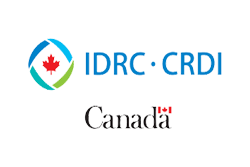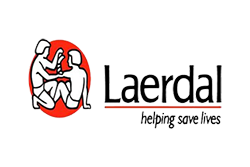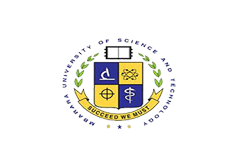- Version
- Download 5
- File Size 0.00 KB
- File Count 1
- Create Date May 29, 2023
- Last Updated May 29, 2023
Feasibility of an Interprofessional, Simulation-Based Curriculum to Improve Teamwork Skills
Abstract
Introduction: Many deaths in Sub-Saharan Africa are preventable with provision of skilled healthcare. Unfortunately, skills decay after training. We determined the feasibility of implementing an interprofessional (IP) simulation-based educational curriculum in Uganda and evaluated the possible impact of this curriculum on teamwork, clinical skills (CSs), and knowledge among undergraduate medical and nursing students.
Methods: We conducted a prospective cohort study over 10 months. Students were divided into 4 cohorts based on clinical rotations and exposed to rotation-specific simulation scenarios at baseline, 1 month, and 10 months. We measured clinical teamwork scores (CTSs) at baseline and 10 months; CSs at baseline and 10 months, and knowledge scores (KSs) at baseline, 1 month, and 10 months. We used paired t tests to compare mean CTSs and KSs, as well as Wilcoxon rank sum test to compare group CS scores.
Results: One hundred five students (21 teams) participated in standardized simulation scenarios. We successfully implemented the IP, simulation-based curriculum. Teamwork skills improved from baseline to 10 months when participants were exposed to: (a) similar scenario to baseline {baseline mean CTS = 55.9% [standard deviation (SD) = 14.4]; 10-month mean CTS = 88.6%; SD = 8.5, P = 0.001}, and (b) a different scenario to baseline [baseline mean CTS = 55.9% (SD = 14.4); 10-month CTS = 77.8% (SD = 20.1), P = 0.01]. All scenario-specific CS scores showed no improvement at 10 months compared with baseline. Knowledge was retained in all scenarios at 10 months.
Conclusions: An IP, simulation-based undergraduate curriculum is feasible to implement in a low-resource setting and may contribute to gains in knowledge and teamwork skills.
Copyright © 2020 The Author(s). Published by Wolters Kluwer Health, Inc. on behalf of the Society for Simulation in Healthcare.








Leave a Reply